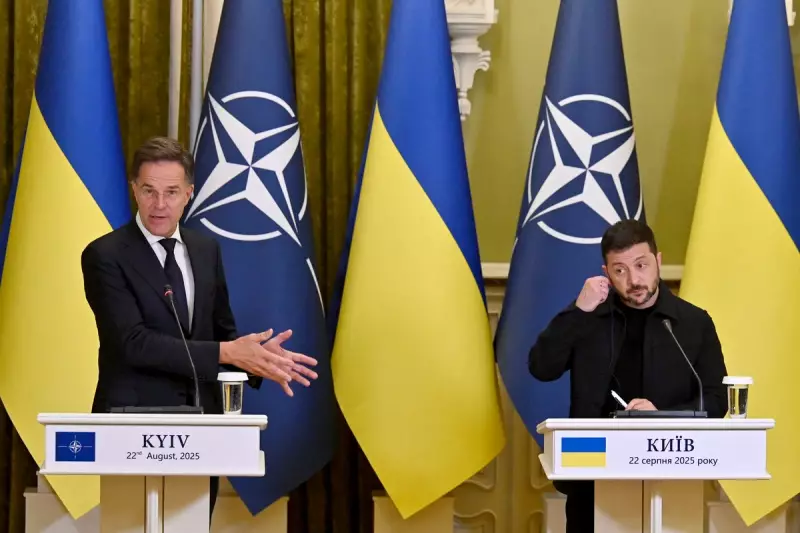
In a dramatic policy reversal that signals escalating Western commitment to Ukraine's defence, the United States has given Kyiv the green light to use American-supplied weapons for strikes inside Russian territory.
The landmark decision, confirmed by US officials, specifically permits Ukrainian forces to target Russian military positions across the border in the Kharkiv region, where Moscow's troops have recently made significant advances.
Strategic Shift in Western Support
This represents a fundamental shift in Washington's approach, having previously restricted Ukraine from using US weapons on Russian soil over fears of escalating the conflict into a direct NATO-Russia confrontation. The change comes after intensive lobbying from European allies and urgent requests from Ukrainian leadership.
"This authorization is limited to the Kharkiv region, where Russian forces are launching cross-border attacks," a senior administration official clarified, suggesting the policy might remain geographically constrained rather than applying to the entire frontline.
European Pressure Mounts
The Biden administration's move follows similar decisions by key European partners. Both Britain and France had already provided permission for their supplied weapons to target Russian territory, creating pressure for Washington to align its stance with closest allies.
NATO Secretary-General Jens Stoltenberg has been particularly vocal, arguing that Western restrictions had unfairly handicapped Ukrainian defenders while Russia faced no similar constraints.
Kharkiv Under Relentless Assault
The policy change comes as Russian forces intensify their offensive in northeastern Ukraine, capturing several villages and forcing thousands of civilians to flee towards Kharkiv city. Moscow's strategy appears focused on creating a buffer zone along the border to prevent Ukrainian strikes on Russian territory.
Ukrainian officials had repeatedly argued that the previous restrictions prevented them from targeting Russian artillery and missile systems that were shelling Kharkiv from safe positions just across the border.
Kremlin's Reaction and Escalation Fears
The Kremlin has responded with predictable fury, with spokesman Dmitry Peskov warning of "serious consequences" and accusing NATO countries of "provoking a new level of tension." Russian officials have repeatedly threatened retaliation against any Western decision to allow deeper strikes.
Despite these threats, Western analysts suggest Moscow's options for meaningful escalation are limited, given its already extensive military commitment in Ukraine and economic pressures from sanctions.
Broader Implications for the Conflict
This policy shift could significantly alter battlefield dynamics in northeastern Ukraine. Ukrainian forces may now disrupt Russian supply lines, command centres, and artillery positions that were previously untouchable, potentially slowing Moscow's offensive momentum.
The decision also signals growing Western confidence in Ukraine's ability to use advanced weapons responsibly, despite ongoing concerns about provoking broader conflict.
As the war enters its third year, this development marks one of the most consequential adjustments in Western military support, potentially opening new strategic possibilities for Ukrainian defenders while testing the boundaries of direct NATO involvement.





